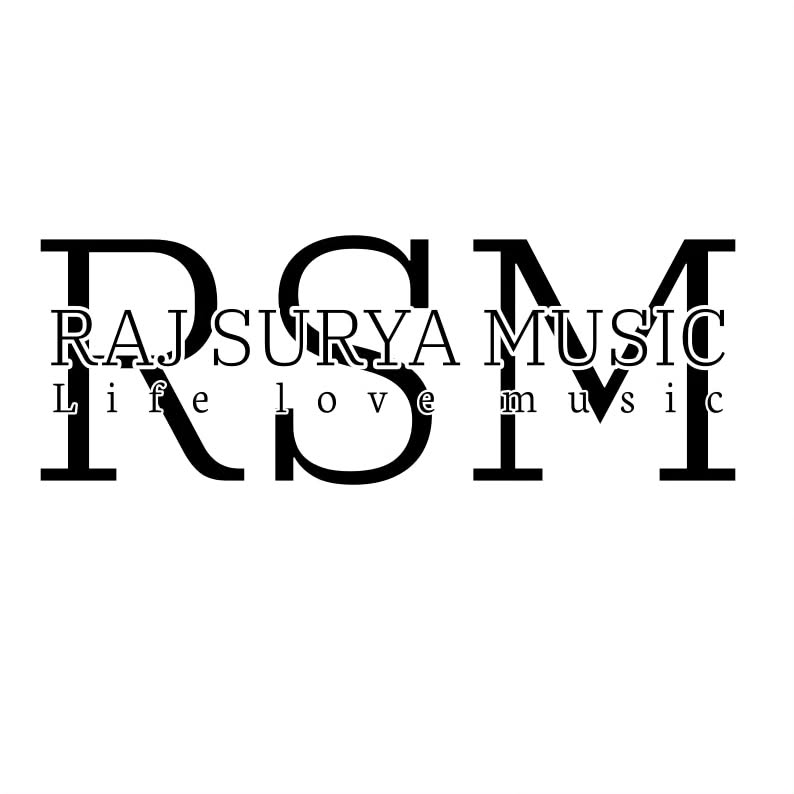
What Every CBSE Student Should Know About the 2026 Board Exam Changes
What Every CBSE Student Should Know About the 2026 Board Exam Changes
1. Why the Change?
The National Education Policy 2020 (NEP) advocates reducing the high-stakes nature of board exams by introducing greater flexibility and focus on core competencies (cbse.gov.in).
2. Two Exam Phases Per Year
- Phase 1 (Main Exam): Held in mid-February—this exam is mandatory for all Class 10 students (indianexpress.com).
- Phase 2 (Improvement/Compartment): Scheduled for May—optional for students wanting to improve up to three subject scores or for compartment cases (indianexpress.com).
- Schools in winter-bound regions can choose which phase to take (hindustantimes.com).
3. Detailed Timeline (Draft Format)
| Event | Date Range |
|---|---|
| Exam Start (Phase 1) | ~17 Feb–6 Mar 2026 (reddit.com) |
| Phase 1 Results | ~20 April 2026 |
| Phase 2 (May) | 5–20 May 2026 |
| Results Phase 2 | ~End-June 2026 |
4. Eligibility & Score Policy
- Phase 1: Open to all fresh students, repeaters, and compartment cases (indianexpress.com).
- Phase 2: Only for those who took Phase 1 in at least three subjects. Up to 3 improvement subjects permitted; compartment plus improvement allowed. Those missing 3+ subjects in Phase 1 are “Essential Repeat” and must wait next year (indianexpress.com).
- Best-of-two principle: The highest score from either phase is used in the final result (cbseguidanceweb.com).
5. Internal Assessment & Syllabus
- Internal assessments are conducted once annually before Phase 1, and that score applies in both phases (timesofindia.indiatimes.com).
- Full syllabus coverage remains unchanged. However, the exam format is shifting:
- More multiple-choice/objective questions (up to ~50% in many subjects).
- Descriptive answers reduced (~30% weight).
- Focus on competency-based and conceptual learning (cbseguidanceweb.com).
- Modular and dual-level papers may be introduced over time, e.g., standard and advanced levels for Science/Social Science (educart.co).
6. Who Benefits?
- Students under pressure get a chance to improve without waiting a full year.
- Those failing or underperforming can recover quickly.
- This system promotes sustainable learning over rote preparation (indiatoday.in, cbseguidanceweb.com).
7. Important Tips for Students
- Excel early in Phase 1—it secures your session and boosts aggregate.
- Phase 1 results determine your eligibility for Phase 2—plan accordingly.
- Choose up to three improvement subjects wisely based on strengths and weaknesses.
- Warm up for the MCQs—practice objective questions to adapt to the new format.
- Keep track of result dates: mid-April for phase 1, late June for phase 2.
Final Word
The two-phase board exam system launching in 2026 marks a significant step toward reducing student stress and promoting holistic assessment. It aligns CBSE with global best practices and NEP objectives—efficiency, flexibility, and student-centric learning.










Hello,
Club music download FTP, quality music https://www.0daymusic.org
MP3/FLAC, label, music videos, soft, nfo. Fans giving you full access to exclusive electronic, rap, rock, trance, dance… music.
0day team.